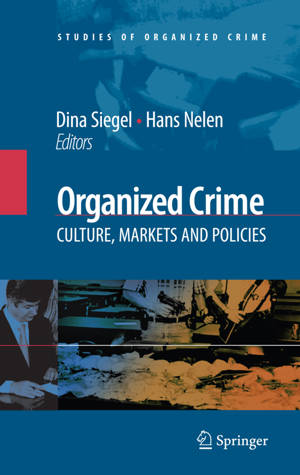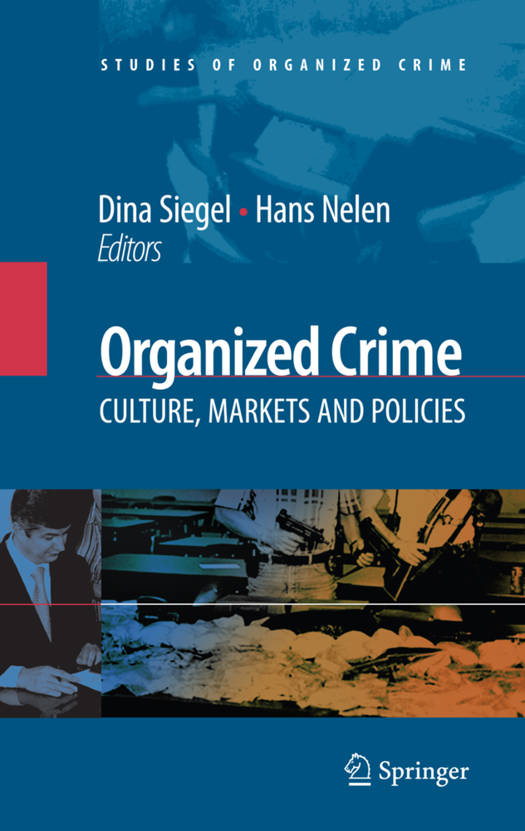
- Retrait gratuit dans votre magasin Club
- 7.000.000 titres dans notre catalogue
- Payer en toute sécurité
- Toujours un magasin près de chez vous
- Retrait gratuit dans votre magasin Club
- 7.000.000 titres dans notre catalogue
- Payer en toute sécurité
- Toujours un magasin près de chez vous
Organized Crime: Culture, Markets and Policies
90,95 €
+ 181 points
Description
Dina Siegel and Hans Nelen The term 'global organized crime' has been in use in criminology since the mid 1990s. Even more general and abstract than its daughter-terms (transnational or cross-border organized crime), 'global organized crime' seems to embrace the activities of criminal groups and networks all around the planet, leaving no geographical space untouched. The term appears to cover the geographical as well as the historical domain: 'global' has taken on the meaning of 'forever and ever'. Global organized crime is also associatively linked with 'globalisation'. The social construction of both terms in scientific discourse is in itself an interesting theme. But perhaps even more interesting, especially for academics trying to conduct empirical research in this area, is the analysis of the symbolic and practical meaning of these concepts. How should criminologists study globalisation in general and global organized crime in particular? Which instruments and 'theoretical luggage' do they have in order to conduct this kind of research? The aim of this book is not to formulate simple, straightforward answers to these questions, but rather to give an overview of contemporary criminological research combining international, national and local dimensions of specific organized crime pr- lems. The term global organized crime will hardly be used in this respect. In other social sciences, such as anthropology, there is a tendency to get rid of vague and abstract terms which can only serve to confuse our understanding. In our opinion, criminology should follow this initiative.
Spécifications
Parties prenantes
- Editeur:
Contenu
- Nombre de pages :
- 230
- Langue:
- Anglais
- Collection :
- Tome:
- n° 7
Caractéristiques
- EAN:
- 9780387747323
- Date de parution :
- 16-11-07
- Format:
- Livre relié
- Format numérique:
- Genaaid
- Dimensions :
- 156 mm x 234 mm
- Poids :
- 512 g






